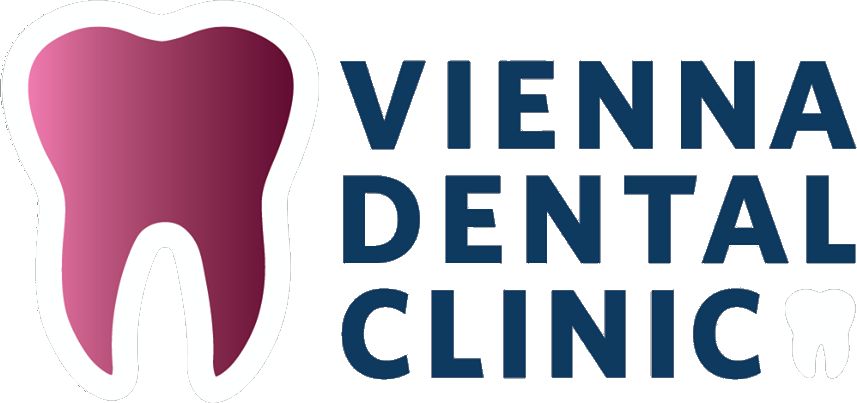Periodontal disease or gum disease is often preceded by gingivitis, a bacterial infection of the gum tissue. A bacterial infection impacts the gums when the toxins included in plaque begin to irritate and inflame the gum tissues. Once this bacterial infection settles in the gum pockets between the teeth, removing and treating it becomes far more challenging. Periodontal disease is a progressive disorder that affects connective tissue and the jawbone. If left untreated, it can cause teeth to move, loosen, and eventually lead to tooth loss.
Gum disease shows itself in several ways. It can start with no symptoms at all. Other symptoms comprise the following:
- Bleeding Gums
- Receding Gums
- Tender / Sore Gums
- Mouth Sores
- Purple / Red Gums
- Persistent Bad Breath


Types of Periodontal Disease
When left unattended, gingivitis (mild gum inflammation) can extend to below the gum line. When the gums are irritated by the toxins comprised of plaque, a chronic inflammatory response causes the body to collapse and damage its bone and soft tissue. Periodontal disease causes teeth to separate from diseased gum tissue, which might cause few or no symptoms. Deepening pockets between the teeth and gums usually indicate that periodontal disease is destroying bone and soft tissue.
The most common kinds of periodontal disease are:
- Chronic periodontitis– Deep pockets and gum recession are caused by inflammation inside supporting tissues. The teeth may appear to be extending, yet the gums (gingiva) are receding. This is the most common kind of periodontal disease, and it is characterized by gradual attachment loss interspersed with rapid advancement.
- Aggressive periodontitis– This gum disease develops in a person who is otherwise clinically healthy. It is distinguished by quick gum attachment loss, chronic bone degeneration, and familial aggregation.
- Necrotizing periodontitis– This periodontal disease is particularly common in people with systemic diseases like HIV, immunosuppression, or malnutrition. The alveolar bone, periodontal ligament and gingival tissues all experience necrosis (tissue death).
- Periodontitis caused by systemic disease– This gum disease frequently develops at a young age. Cofactors such as respiratory illness, diabetes, and heart disease are frequent.
Treatment for Periodontal Disease
The periodontist may suggest various surgical and nonsurgical procedures based on the health of the teeth, gums, and jawbone. However, before any treatment is performed or advised, a thorough periodontal examination of the mouth will be performed.
Kinds of treatments for periodontal disease:
- Scaling and root planing– To protect the health of the gum tissue, the bacteria and calculus (tartar) which caused the infection must be removed. Multiple cleanings over several weeks may be indicated. The bacteria and calculus (tartar) that caused the illness must be eliminated to protect the health of the gum tissue. Multiple cleanings over weeks may be required. The gum pockets are cleansed and treated with antibiotics to reduce the infection. Prescription mouthwash can be added to normal cleaning procedures.
- Tissue regeneration–After the bone and gum tissues have been damaged, grafting treatments can be used to induce regrowth actively. A membrane may be put into the damaged regions to aid regeneration.
- Pocket elimination surgery– Pocket elimination surgery (flap surgery) is a surgical procedure that can be used to minimize the size of the pocket between the teeth and gums. Another alternative is jawbone surgery, which removes indentations in the bone that promote bacterial colonization.
- Dental implants– When teeth are lost owing to periodontal disease, prosthetic teeth can be implanted into the jawbone to regain the aesthetics and functioning of the mouth. Tissue regeneration techniques to strengthen the bone may be necessary before the installation of a dental implant.
